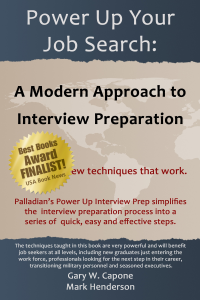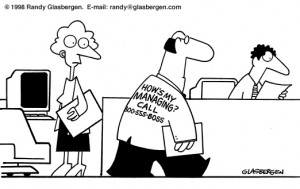Behavioral interviewing is common among the Fortune 500, and it continues to be used by more and more companies. In retail and manufacturing, behavioral interviews are common. If you are a warehousing or distribution professional, it is very likely you will encounter behavioral interviews in your career, both in job searches and in internal interviews for promotions. Preparing for a behavioral interview is critical for you to succeed. You need to have very detailed examples from your background. Completing one or more mock interviews is another essential step.
The reason so many firms have adopted behavioral interviewing is that past performance is often the best predictor of future performance. Now, assessing past performance in a behavioral interview is not looking at overall success in a position, although this is an important component. Behavioral interviewing assesses the success of the job seeker in a variety of common situations they will face in a job. If the job seeker can demonstrate past success in each of the individual tasks, the job seeker should be able to be successful in the role.
The goal of a behavioral interview is to try to get the job seeker to describe their background in sufficient detail so the hiring manager can picture how the job seeker performs. This style of interview requires the job seeker to answer open-ended questions and tell stories. General answers will not work. To be successful, you must prepare.
The first step in preparing for a behavioral interview is to review your background and start writing some stories about your experiences. To help you think of a few stories to tell, I’ve compiled a number of common interview questions for warehousing positions:
- Tell me about a time when you took over an under-performing team.
- Tell me about a time when you failed to hit your distribution plan.
- Tell me about a time when you were understaffed for the daily plan.
- Tell me about a time when you were overstaffed for the daily plan.
- Tell me about a time when you adopted new technology.
- Tell me about a time when you addressed a safety issue.
- Tell me about a time when you improved the productivity of a team.
- Tell me about a time when you improved the quality of a team.
- Tell me about a time when you had a conflict with a peer.
- Tell me about a time when you dealt with a conflict between two people on your team.
- Tell me about a time when you hired and trained a large group of new employees at once.
- Tell me about a time when you were overstaffed and needed to downsize.
- Tell me about a time when you coached someone working for you on their performance.
- Tell me about a time when you missed your budget goals.
- Tell me about a time when you adapted to unforeseen events in order to stay on pace to hit your budget.
This list of questions is just a starting point. There are thousands of potential questions you could be asked. Although it may seem impossible to prepare for all of them, you can prepare for the different types of questions you might encounter. For example, in the list above, there are questions about improving productivity, safety and quality, adapting staffing levels to the plan, utilizing new technology, dealing with conflict, and budge issues. This selection of topics will give you a good start and covers some of the most common interview topics for warehousing careers.
| Get our book on behavioral interviewing. | Other Great Books to help you prepare for Behavioral Interviews: |







